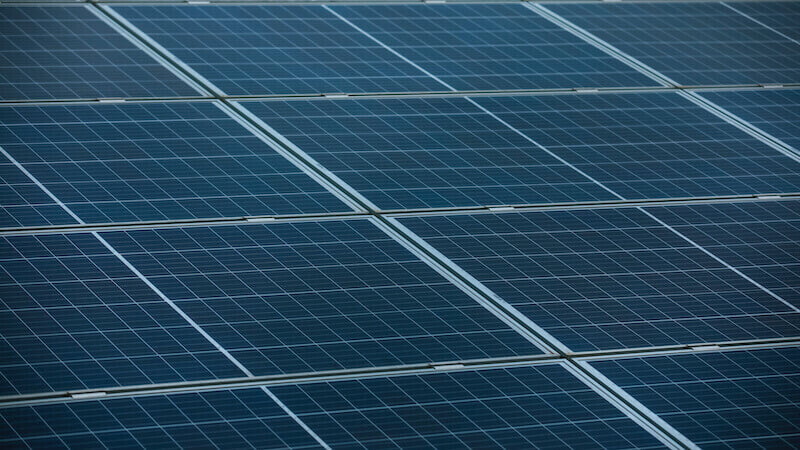
Chinese researchers have produced environmentally friendly batteries from recycled solar panels. This could not only boost recycling but also make lithium-ion batteries significantly cheaper.
Scientists from China recently developed a novel method to produce powerful and environmentally friendly batteries from recycled materials. The researchers from the Qingdao Institute of Bioenergy and Bioprocess Technology (QIBEBT) of the Chinese Academy of Sciences published their results in the journal Nature.
The new batteries consist of silicon anodes that the researchers previously obtained from old solar panels. In addition, there is a special ether-based electrolyte. The silicon anodes showed high stability and efficiency. During the charging and discharging process, they had an efficiency of 99.94 percent. At the same time, they retained around 83 percent of their original capacity after 200 cycles.
Environmentally friendly batteries made from recycled solar panels
What's special about it is that the team used micro-sized silicon particles to prevent instability and cracking of the anodes, a problem that often occurs with conventional lithium-ion batteries. Using silicon from discarded solar modules offers several advantages.
On the one hand, it reduces the economic and environmental impact of photovoltaic waste. On the other hand, converting waste into valuable battery components lowers the cost of lithium-ion batteries and makes them more accessible. According to lead scientist Cui Guanglei, the new batteries could change the industry for good.
Cost-effective and sustainable batteries made from waste?
The combination of recycled materials and advanced chemical engineering shows that powerful and environmentally friendly lithium-ion batteries are not only possible, but within reach. The development is expected to lead to the production of next-generation batteries. These could power many systems, from electric vehicles to large energy storage systems.
The new, environmentally friendly batteries offer a promising solution for reducing photovoltaic waste and producing more cost-effective, high-performance energy storage systems. Using recycled materials not only benefits the environment, but also consumers' wallets. This could promote the accessibility and spread of modern energy storage technologies in the long term.
Also interesting:
Source: https://www.basicthinking.de/blog/2024/07/27/umweltfreundliche-akkus-aus-recycelten-solarpanels/


